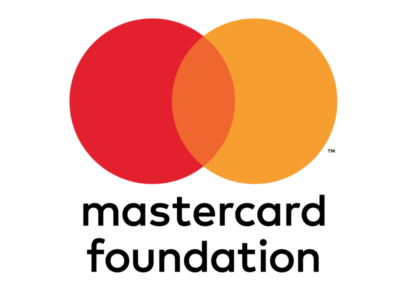

Image: Steve Buissinne
More than 40% of victims of ransomware attacks in South Africa pay the cybercriminals responsible to try to secure or recover their data. But in many cases, the crooks simply disappear with the money.
This is according to a new report from security firm Kaspersky, which said 42% of local ransomware victims coughed up money in an effort to recover their data.
Ransomware, as the name implies, is a type of malware that criminals use to extort money, from companies, government departments and agencies, and end-user consumers. They typically hold data to ransom using encryption or by locking users out of their devices.
Whether they paid or not, only 24% of victims were able to restore all their encrypted or blocked files following an attack
Kaspersky’s report, “Consumer appetite versus action: The state of data privacy amid growing digital dependency”, found that, for 36% of respondents, the estimated monetary loss was less than US$100, for 31% it was between $100 and $249, and for 19% it ranged from $250 to $1 999.
“Whether they paid or not, only 24% of victims were able to restore all their encrypted or blocked files following an attack. Sixty-one percent lost at least some files; 32% lost a significant amount; and 29% lost a small number of files. Meanwhile, 11% who did experience such an incident lost almost all their data,” Kaspersky said.
No guarantees
“A significant proportion of consumers paid a ransom for their data over the past 12 months. But handing over money doesn’t guarantee the return of data, and only encourages cybercriminals to continue the practice. Therefore, we always recommend that those affected by ransomware do not pay as that money supports this scheme to thrive,” said Marina Titova, head of consumer product marketing at Kaspersky, in a statement.
Thirty-two percent of South African respondents to the study said they were aware of ransomware. Kaspersky said it is important that this number rises, especially given the remote working environment caused by Covid-19. — © 2021 NewsCentral Media











Comments